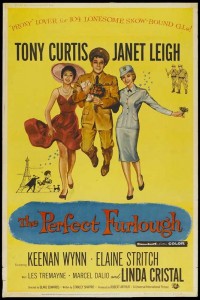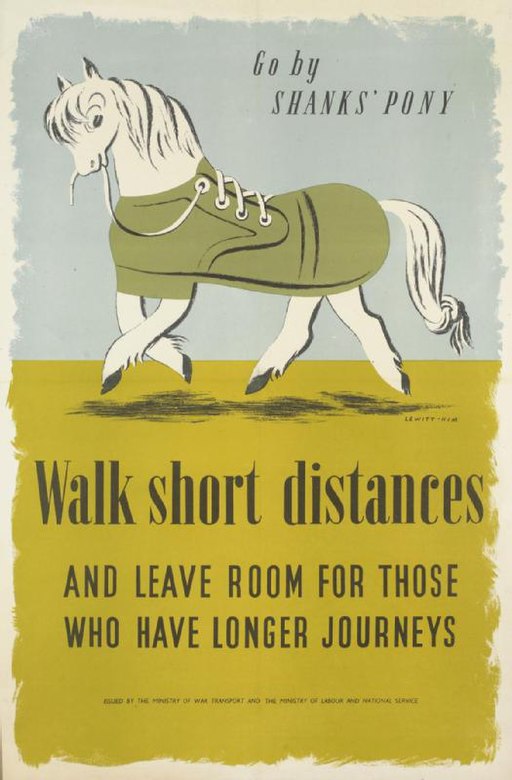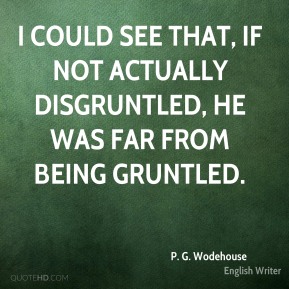
Do you ever get that jarring feeling when a word sounds as though it should actually mean the opposite – or at least something very different? Three words that always make me stumble mentally are “prosaic”, “urbane”, and “bucolic”. To me, “prosaic” has a poetic, imaginative quality, perhaps because of my optimistic view of language and prose being generally artistic. “Urbane” sounds to me more like what “prosaic” actually means: straightforward, matter-of-fact, unimaginative. Is it because the second half of the word makes me think of banal? The heavy, earthy sound of that weighted second syllable (which itself has ruinous implications) doesn’t quite evoke that lofty sophistication it’s meant to denote. And isn’t “bucolic” the ugliest and most inappropriate way of describing a scene of rustic idyll – conjuring up instead (in my mind, anyway) images of phlegm and disease? Perhaps it’s the back end of the word again: colic. Or its similarity to “bubonic”, which exists only to describe the worst plague in human history.
Can you think of other words that have been lumbered with fake identities but still manage to masquerade their way successfully through conversation and literature?
***











